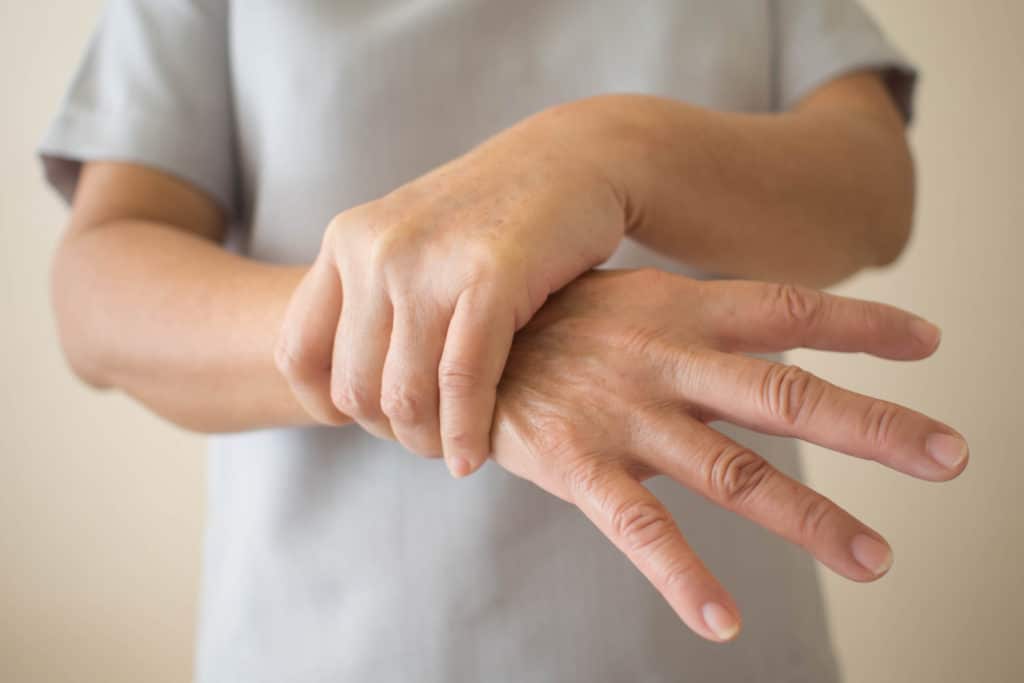Therapy approach against eczema found
What is the reaction of the immune system to fungi on our skin? Researchers from the University of Zurich were able to show that the same immune cells which protect against yeast fungi that promote the inflammatory symptoms of atopic dermatitis. A therapy with antibodies could relieve the chronic skin disease.

The skin of humans and animals is densely populated with mushrooms. It is believed that yeast-like fungi called Malassezia, along with bacteria and viruses part of the healthy microflora of the skin, strengthen the immune system and the immune system for the encounter with a dangerous disease to prepare pathogens – similar to how certain bacteria do this. Unlike bacteria, we know but little about the physiological processes that keep the ever-present fungi on the skin under control.
Immunolog inside and immunologist at the University of Zurich now show that the immune system is for the balance of the skin responsible. You were the first to demonstrate in mice and humans, the Malassezia fungi stimulate the immune system to produce the messenger substance Interleukin-17. The messenger is not distributed or the Interleukin-17-producing immune cells, the absence of the fungus can grow fully and overgrown skin.
Fungus can promote skin Allergy
But what happens when the balance device on the body surface of the joints? There is evidence that the normally harmless Malassezia fungi play in eczema, a role. The present study confirmed that Interleukin-17-producing immune cells, which protect the normally the fungi and their growth in check, contributing to the development of atopic dermatitis. The fungus is on the skin to the Allergen and causes an Overreaction of the immune system, with inflammation characteristics on the skin. Experiments with cells of affected atopic dermatitis patients to substantiate this finding.
Treatment with therapeutic antibodies
The study suggests that in atopic dermatitis therapeutic antibodies that neutralize the activity of Interleukin 17, may be effective. These antibodies already exist and are used in the treatment of psoriasis with great success, according to the researchers. However, it remains to be clarified why the immune failure response against the ever-present Malassezia fungus sick, and why the normally protective immune mechanisms in atopic dermatitis patients. The study is available here.
